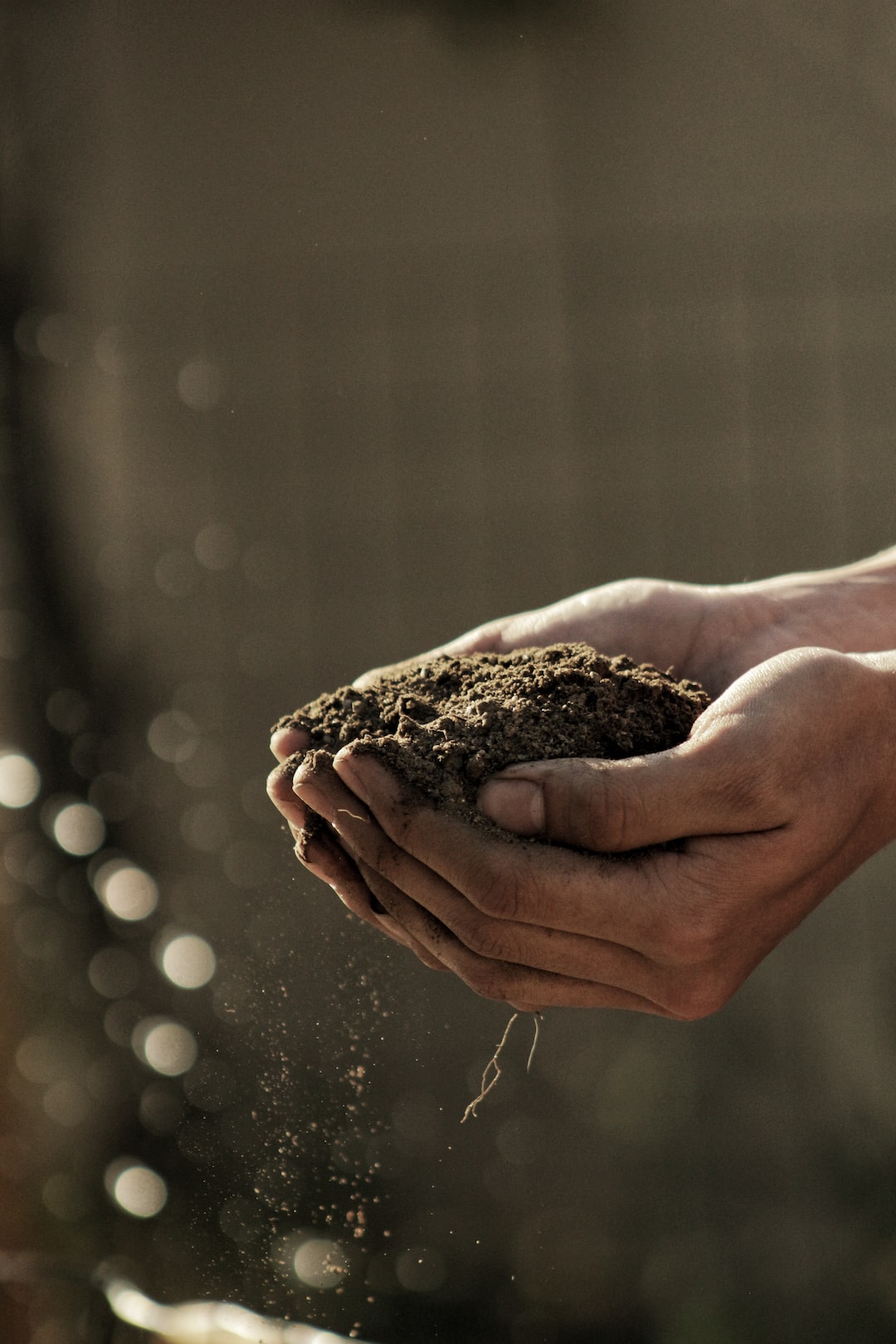The Therapeutic Benefits of Gardening for Seniors
As we age, it becomes increasingly important to find activities that not only keep us physically active, but also provide mental stimulation, a sense of purpose, and emotional well-being. One such activity that fulfills these needs is gardening. Gardening has long been recognized for its numerous therapeutic benefits, and it is particularly beneficial for seniors. Whether you have a green thumb or not, here are some reasons why gardening can be incredibly beneficial for seniors.
Physical Fitness and Mobility
Maintaining physical fitness and mobility becomes more challenging as we age. However, gardening is a wonderful way to stay active and engaged. From digging and planting to weeding and watering, gardening involves a range of physical movements that help to keep muscles strong and joints flexible. The repetitive nature of gardening tasks can also improve hand-eye coordination and balance. Gardening can be adapted to accommodate various abilities, making it a viable option for seniors with different physical capabilities. As a low-impact form of exercise, gardening helps seniors maintain their overall health while reducing the risk of common age-related conditions such as cardiovascular disease, osteoporosis, and obesity.
Mental Stimulation and Cognitive Health
Gardening is not only good for the body but also for the mind. Engaging in gardening tasks, such as planning a garden layout or researching plants, stimulates various cognitive functions. Research has shown that gardening helps improve memory, problem-solving skills, and attention span. It requires creativity and critical thinking, as seniors need to plan and make decisions about the type of plants, soil, and layout. The act of learning about different plants and their care also stimulates intellectual curiosity and fosters lifelong learning. Gardening keeps the brain active, which can lower the risk of cognitive decline and dementia in later years.
Sense of Purpose and Emotional Well-being
One of the challenges many seniors face is a loss of purpose and a sense of isolation. Gardening provides an opportunity to regain a sense of purpose and accomplishment. The process of nurturing plants, watching them grow and thrive, and eventually enjoying the fruits of one’s labor can be incredibly fulfilling. The responsibility and care required for gardening give seniors a renewed sense of purpose and something to look forward to. Additionally, gardening provides a connection to the natural world, offering a sense of peace, tranquility, and an enhanced mood. The act of being outside and connecting with nature has been shown to reduce stress, anxiety, and depression. Spending time in a garden can be a form of therapy, providing solace to seniors and promoting emotional well-being.
Social Engagement and Community Connections
Gardening can also serve as a catalyst for social engagement and community connections. Joining a gardening club or participating in community gardening initiatives provides seniors with opportunities to connect with like-minded individuals, make new friends, and share their knowledge and experiences. Gardening activities can be organized in nursing homes and senior centers, creating a sense of community and camaraderie among residents. Working together in a garden fosters teamwork, cooperation, and social interaction, promoting a sense of belonging and reducing feelings of loneliness and isolation.
Access to Fresh, Nutritious Food
In addition to the therapeutic benefits, gardening enables seniors to have access to fresh, nutritious food. Growing one’s fruits, vegetables, and herbs allows seniors to have control over what goes into their food, eliminating the reliance on store-bought produce that may contain harmful chemicals. Gardening can encourage healthier eating habits, as seniors can incorporate homegrown produce into their daily meals, leading to a more nutritious and balanced diet. Eating fresh, homegrown food can have a positive impact on seniors’ overall health and well-being.
In conclusion, gardening offers a myriad of therapeutic benefits for seniors. From physical fitness and mental stimulation to a sense of purpose and emotional well-being, gardening addresses the holistic needs of seniors. Whether it’s a small container garden or a larger backyard project, seniors of all abilities can benefit from gardening. So, grab a trowel, embrace the joy of gardening, and reap the numerous rewards it offers for your physical and mental health.
